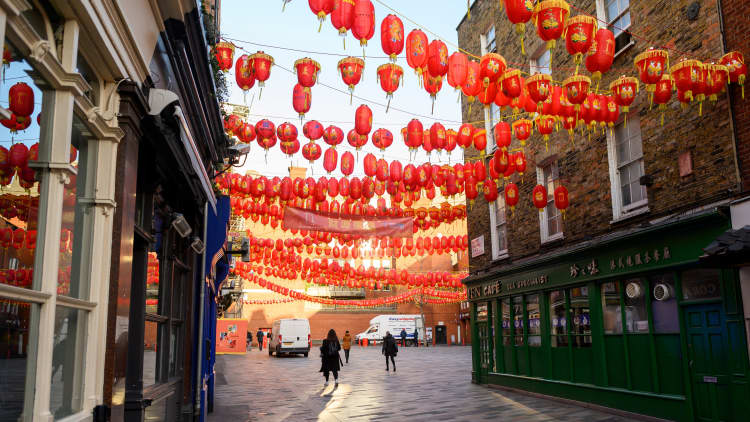As retailers worldwide come under the threat of the coronavirus outbreak, an industry body in the U.S. has called on President Donald Trump to remove elevated tariffs placed on Chinese goods.
Those tariffs were implemented over the last two years when the U.S. and China hit out at each other in a trade war. They brought average U.S. tariffs on Chinese goods up from 3.1% at the start of 2018 to 19.3% this month, and Chinese tariffs on U.S. goods from 8% to 20.3% during the same period, according to the Peterson Institute for International Economics.
Many companies, analysts and investors have criticized Trump's decision to raise tariffs, arguing that those levies were a tax on U.S. consumers and businesses — and that they are not paid by China as the president has claimed.
The tariffs are now an added pressure on retailers at a time when the new coronavirus disease — also called COVID-19 — has threatened to keep consumers at home and reduce spending, said Steve Lamar, president and chief executive of the American Apparel and Footwear Association.
"We paid a couple more billion dollars of tariffs — about $3.5 billion worth of tariffs in 2019 which we didn't pay in 2016," he told CNBC's "Squawk Box Asia" on Thursday.
"One of the things we've been asking the president to do is 'if you're looking for an immediate way of injecting capital back into the system, get rid of those tariffs that are currently weighing us down,'" he added.

Lamar's comments came before Trump outlined measures to contain the virus and help businesses in a speech from the Oval Office. The president's speech, which didn't eliminate tariffs as Lamar had hoped, disappointed investors and U.S. stock futures plunged.
The new coronavirus, which was first reported in China, has spread to more than 110 countries and territories worldwide, according to the World Health Organization. Globally, more than 118,000 people have been infected, of which at least 4,292 have died, said the WHO.
Many governments and central banks around the world have stepped in to cushion the outbreak's economic impact on their economies. But some analysts said economic measures alone are not enough.
Richard Yetsenga, chief economist and head of research at Australian bank ANZ, pointed to Singapore and South Korea where authorities' response to the virus outbreak have appeared to be more "successful."
"The focus has really been on the logistical aspect of the medical containment, not on the economic stimulus actually," he told CNBC's "Squawk Box Asia" on Thursday.
He explained the "logistical aspect" could include making sure that tests to detect the virus are available, and managing health-care resources. Getting that right could help countries avoid having to shut down businesses, which can be harmful to the economy, he said.


